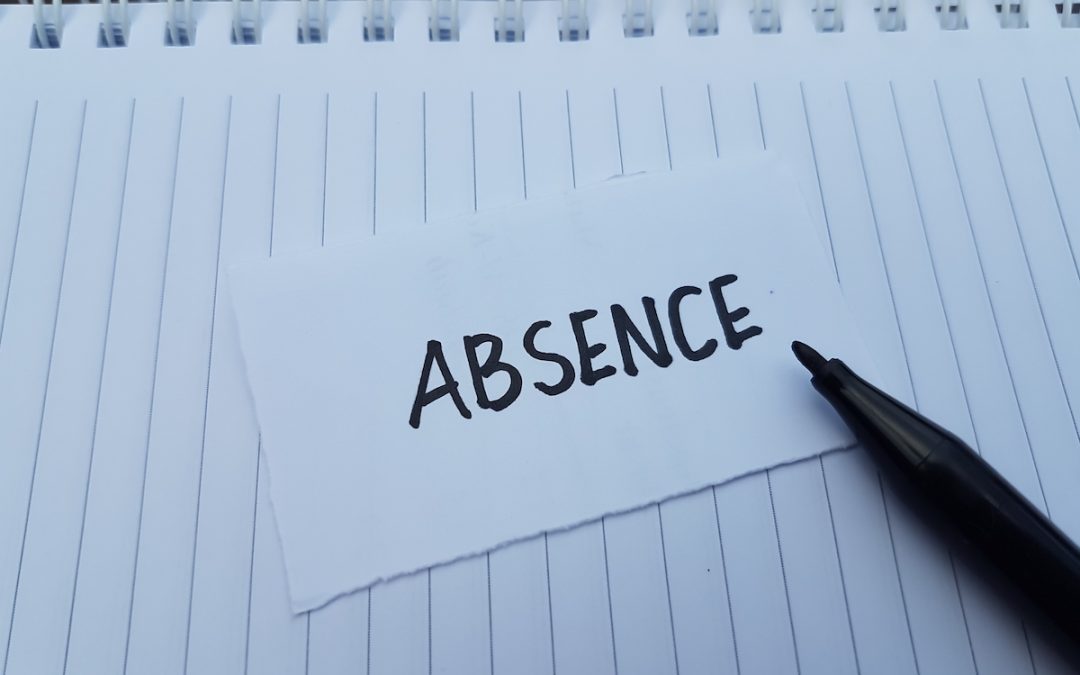The Acas Code of Practice on disciplinary and grievance procedures says disciplinary processes should proceed ‘without delay’ – but what can employers do if delay is caused by an employee going off sick? The sickness may be unrelated to the disciplinary process. However, it can be a tactical deployment to ‘buy time’. It should also be borne in mind that employees may genuinely become unwell owing to the stress and anxiety caused by the process itself. Recent research by Worknest found that the leading cause of a protracted disciplinary process was an employee taking sick leave due to stress and anxiety, with almost a quarter (23%) of employers questioned citing this as the most common cause of delays.
In these sorts of cases, employers have the unenviable job of balancing a requirement to proceed without ‘delay’ with the fact that, as the Employment Appeal Tribunal emphasised in William Hicks & Partners v Nadal, it will only be reasonable for a disciplinary hearing to go ahead in an employee’s absence in exceptional cases. If a disciplinary hearing takes place resulting in dismissal, and the employee was not in attendance, the employer could face claims for unfair dismissal and, if the employee is disabled, disability discrimination.
It is a delicate balancing act, but employers should be aware that the disciplinary process does not have to be indefinitely paused in cases of sickness absence. They should let their employees know this. The matter might be ‘on pause’ but it is not going away.
Here are some practical tips to bear in mind if employee sickness is delaying a disciplinary process:
- Consider making a referral to occupational health or obtaining other medical advice to confirm whether the employee is fit to attend a meeting. In some cases, an employee may not be fit to work in their specific role but may be fit enough to attend a disciplinary meeting. A doctor may also advise that it would help the employee not to delay proceedings.
- If the business has a discretionary sick pay policy – consider whether payment of SSP only (rather than full pay) might encourage the employee’s sickness to abate more quickly. Be careful to make sure that the exercise of discretion is not vulnerable to a complaint of discrimination – but if the policy is genuinely discretionary, then this tactic should be given serious consideration. You might want to incorporate the position into your disciplinary policy so the position is clear: employees facing disciplinary action will receive SSP only during any period of sickness absence occurring during the investigation or disciplinary process.
- Be considerate of the employee’s welfare and consider any potential adjustments that could be made to get the process moving. Off-site meetings, home visits, a wider choice of companions, the use of written representations or video conferencing should all be on the table. If you can, ask a medical professional for guidance on adjustments. This will give objectivity to your actions.

Contact Jon Dunkley today for an informal chat, without obligation.
Contact Jon Dunkley
- [email protected]
- 01271 342268



